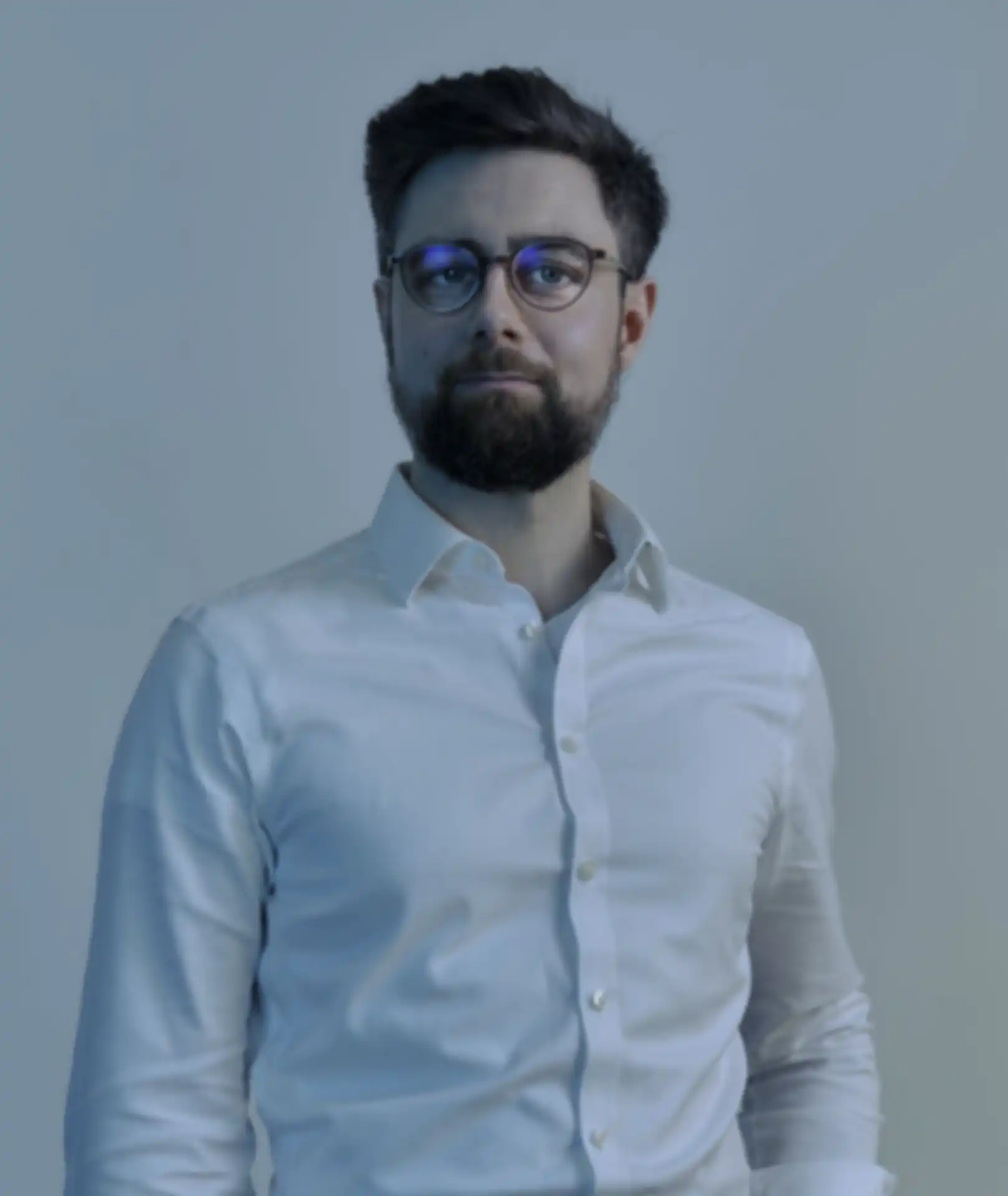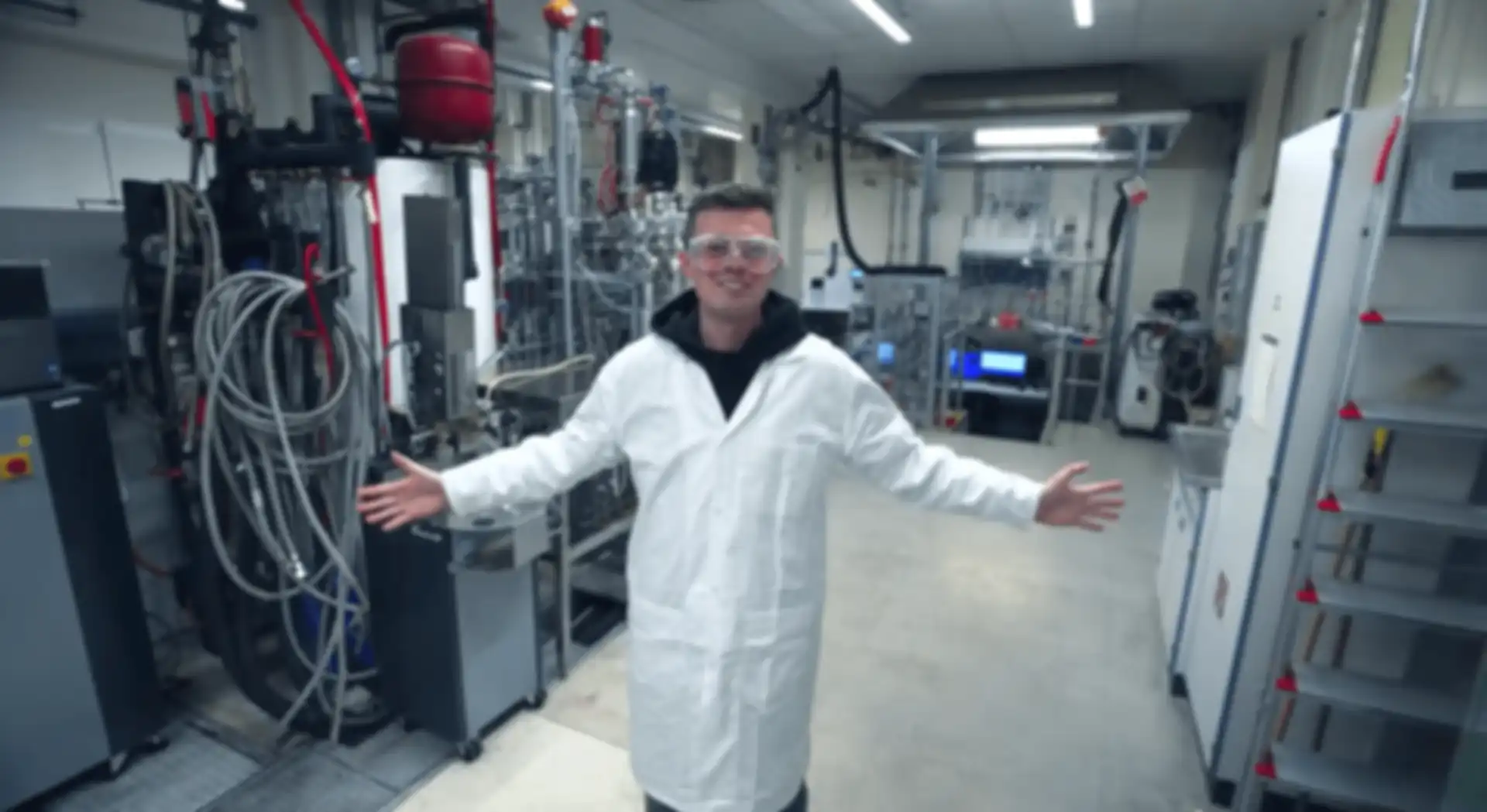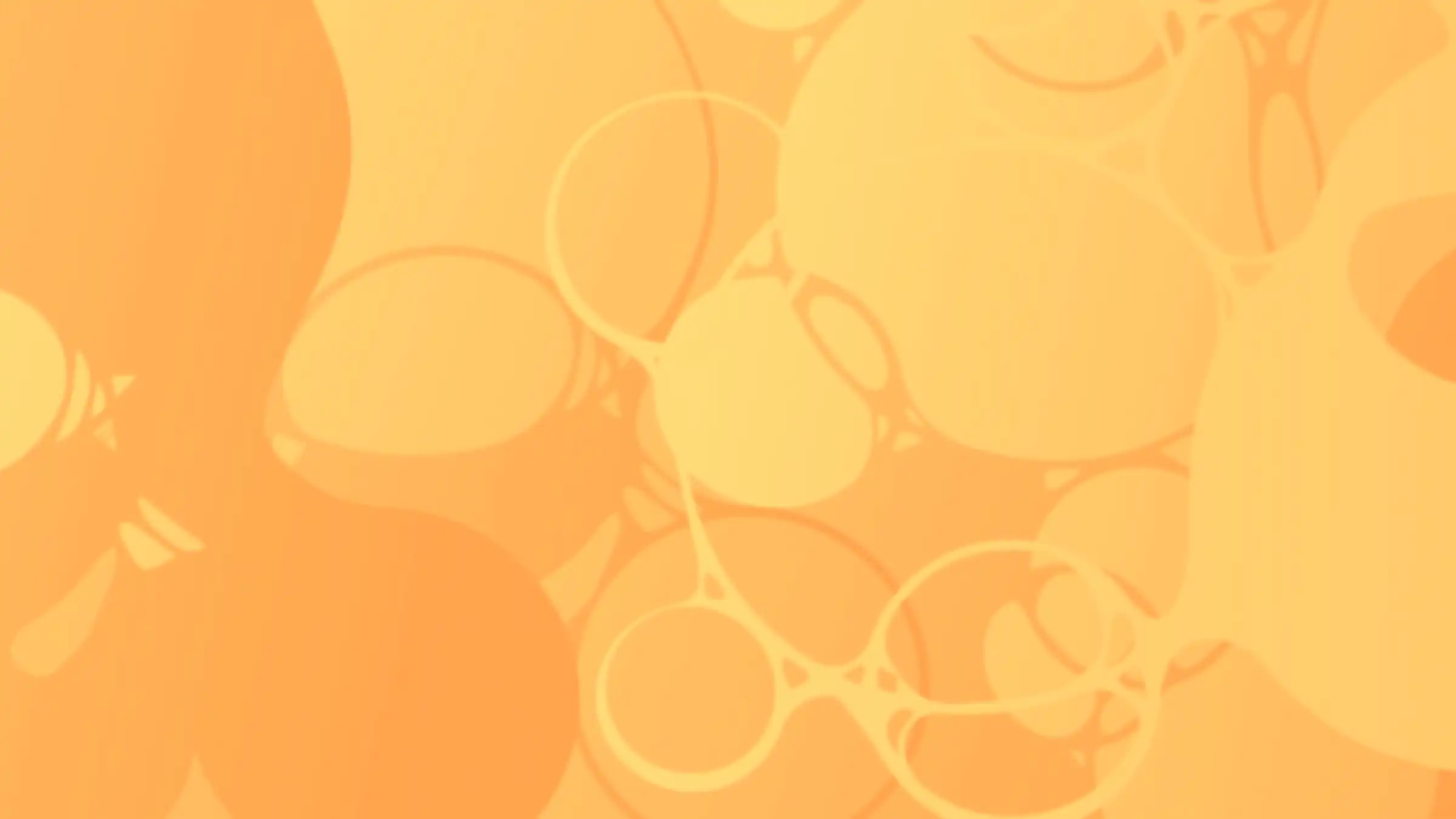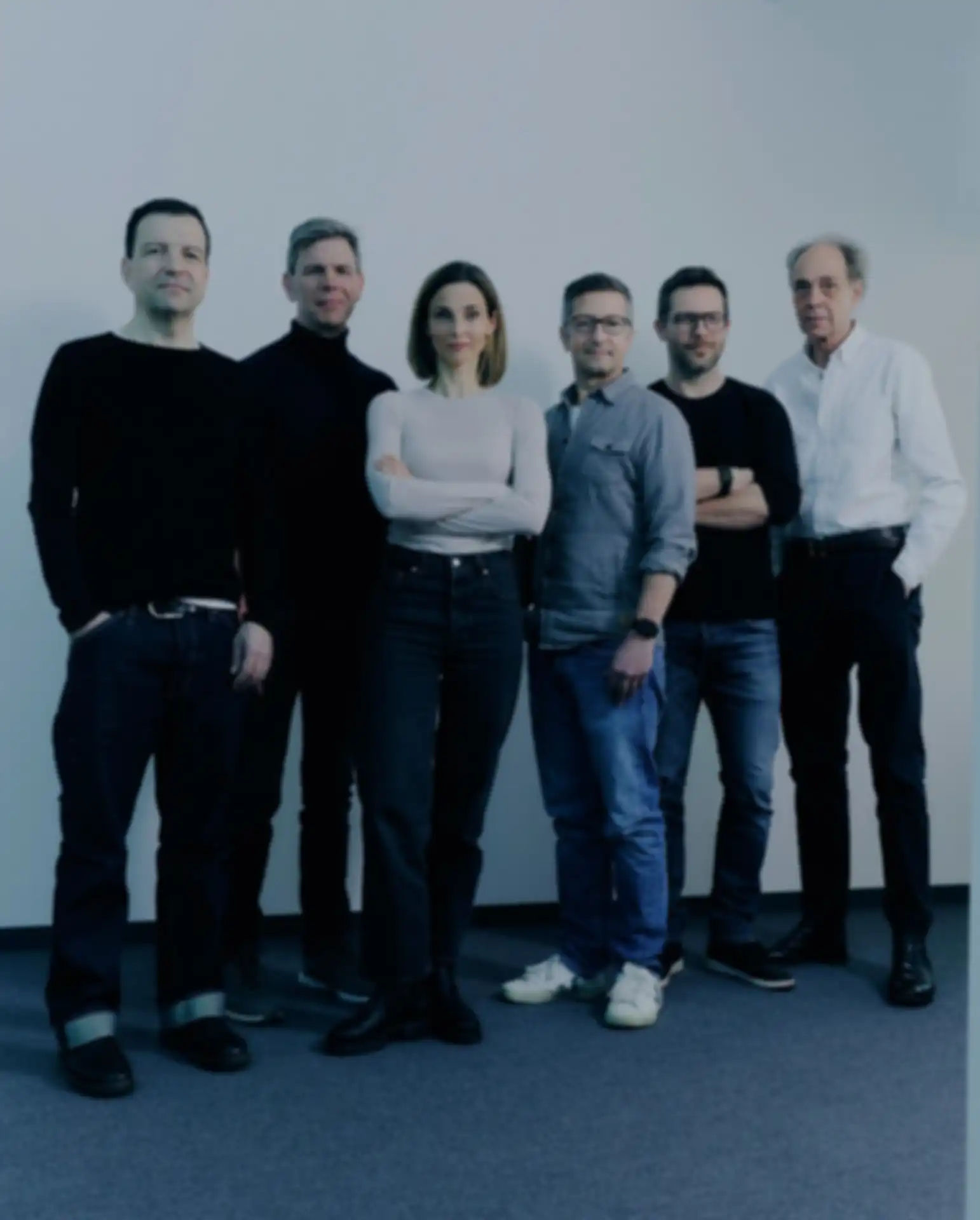SOLLBRUCHSTELLEN
AS A TRADEMARK
aevoloop aims to produce planet-proof plastics

At the beginning of 2021, Manuel Häußler celebrated the biggest milestone of his scientific career to date: a publication in Nature on completely recyclable plastics that combine sustainability and performance at an unprecedented level. But while the entire scientific world congratulated him on this, he grew increasingly exasperated. A groundbreaking discovery, made in the laboratories of the University of Konstanz, published in one of the most important scientific journals – but with zero effect on the real world. Just carry on researching and at best climb the academic career ladder? Unthinkable. Every interview on the subject further fueled his frustration. It was far too early to arouse the interest of the industrial sector, but Manuel Häußler was certain: I’ll carry on, I’ll set up my own business and apply for funding.
He met Philipp Kessler, who has excellent connections in the start-up scene in Constance and is an experienced founder, and a number of funding applications were approved. That’s when things picked up speed. The chemist and the business economist joined forces and continued to work on how they could make the great discovery marketable. We don’t want to tell a negative story about plastics, but rather retain the positive aspects and also make them sustainable,
stated Kessler, who quickly caught fire for Häußler’s idea. Plastics were invented in the 1950s, but have never been fundamentally modified on the molecular level since then. They were simply not designed for today’s problems, and recycling was not an issue. This immense flood of plastic was not foreseeable.
Häußler and Kessler are certain that this flood can no longer be contained with existing materials, as conventional recycling has long since reached its material limits. The two founders now want to tackle this problem. In 2024, they founded aevoloop (infinite cycles
) to produce planet-proof plastics.
On the one hand, we are focusing on enabler technology in order to be able to cheaply produce the plastics that I originally researched. That is what we started with as a validation task from SPRIND in 2023,
said Häußler. We make old plastic waste valuable by specifically breaking up the plastic chains through an oxidation reaction, resulting in valuable molecular fragments. We then chain the new fragments back together to form our new sustainable materials and build ‘Sollbruchstellen’, which are predetermined breaking points, into the new polymer molecules.
These do not interfere with the use of the plastic, but they can be specifically reopened in a chemical recycling process. The small building blocks are therefore designed for recycling
and can be used again and again.
Häußler is absolutely convinced that aevoloops plastics can compete with conventional plastics such as polyethylene and polypropylene: On the one hand, performance is crucial; here we are versatile and competitive. We also focus on closed material cycles and the biodegradability of our plastics in order to avoid harmful microplastics. And thanks to our trademark, Sollbruchstellen at molecular level, there is no loss of quality for new applications.
You could make a pacifier out of our plastics and turn it into a car seat on your 18th birthday – and the molecular building blocks would still be in the same cycle.
aevoloop’s planet-safe plastics have already been tested in many prototypes for potential mass markets, such as injection molding, textiles, and even 3D printing. Its compatibility with conventional plastics also opens up exciting possibilities for use in polymer blends and for recycling. There are countless conceivable applications for the fragments themselves, which are obtained as a white powder from the oxidation reaction, such as cleaning agents, coatings or additives, so aevoloop sells them as a raw material. We are also able to realize new packaging ideas with compostable materials without compromising on performance – in contrast to conventional bioplastics,
said CEO Kessler. It’s also important that we can use the existing recycling and production infrastructure once we get the whole thing off the ground.
From a technological perspective, the start-up is currently on the verge of the next scaling phase, which includes the construction of a pilot plant. aevoloop already has its first customers and more and more pilot projects are in the pipeline. Financially, the start-up is one of the first projects to receive SPRIND’s new start-up funding of just under one million euros; a seed round is due to take place shortly so that it can soon stand on its own two feet. In spring 2025, the start-up, which is now completed at the management level by Dr. Timo Witt and Carl Warkentin and has a total of 14 employees, moved from Constance to Leipzig – partly due to its proximity to the newly established Center for the Transformation of Chemistry in Delitzsch and Merseburg.
Without SPRIND, we wouldn’t be where we are today. In addition to validation at the end of 2023, we also took part in the first stage of the Circular Biomanufacturing Challenge and are still in active contact with the mentors. Through SPRIND, we also make great contacts with potential investors and customers,
stated Kessler. The founder of multiple companies is proud of the development that aevoloop has been able to achieve so far and is convinced that many more great treasures lie dormant in the universities: So much knowledge and technology, so many patents lie unused there. I would recommend that everyone look at the universities if they are looking for a good idea.
In his opinion: It’s a real pity both for society and the economy that so many things don’t find their way out of academia.
After all, not everyone is like Manuel Häußler, who not only likes to solve problems in the lab, but also wants to see them in action: Why not achieve good things by doing what you love? Even with a healthy dose of realism, you can also simply think big.
That is paying off: In October 2025, aevoloop successfully completed its seed financing and raised €3.25 million. In addition, the company is receiving just under €5 million in funding from the EU and the Free State of Saxony. The capital will now be used to accelerate the market entry of the patented technology.
More about aevoloop: aevoloop.com
Science Youtuber Dr. Jacob Beautemps has taken a closer look



